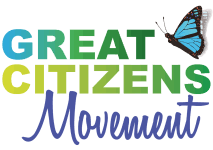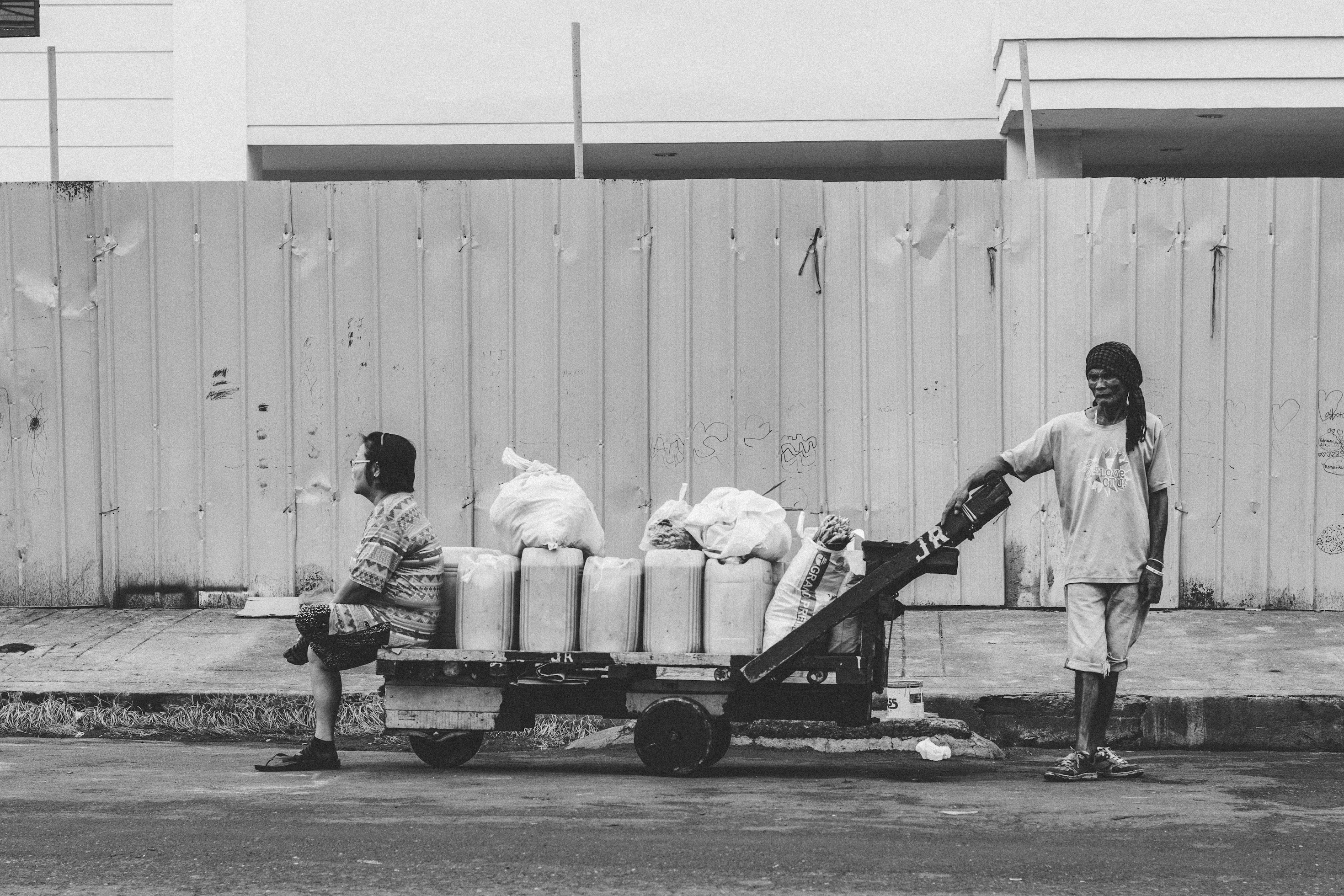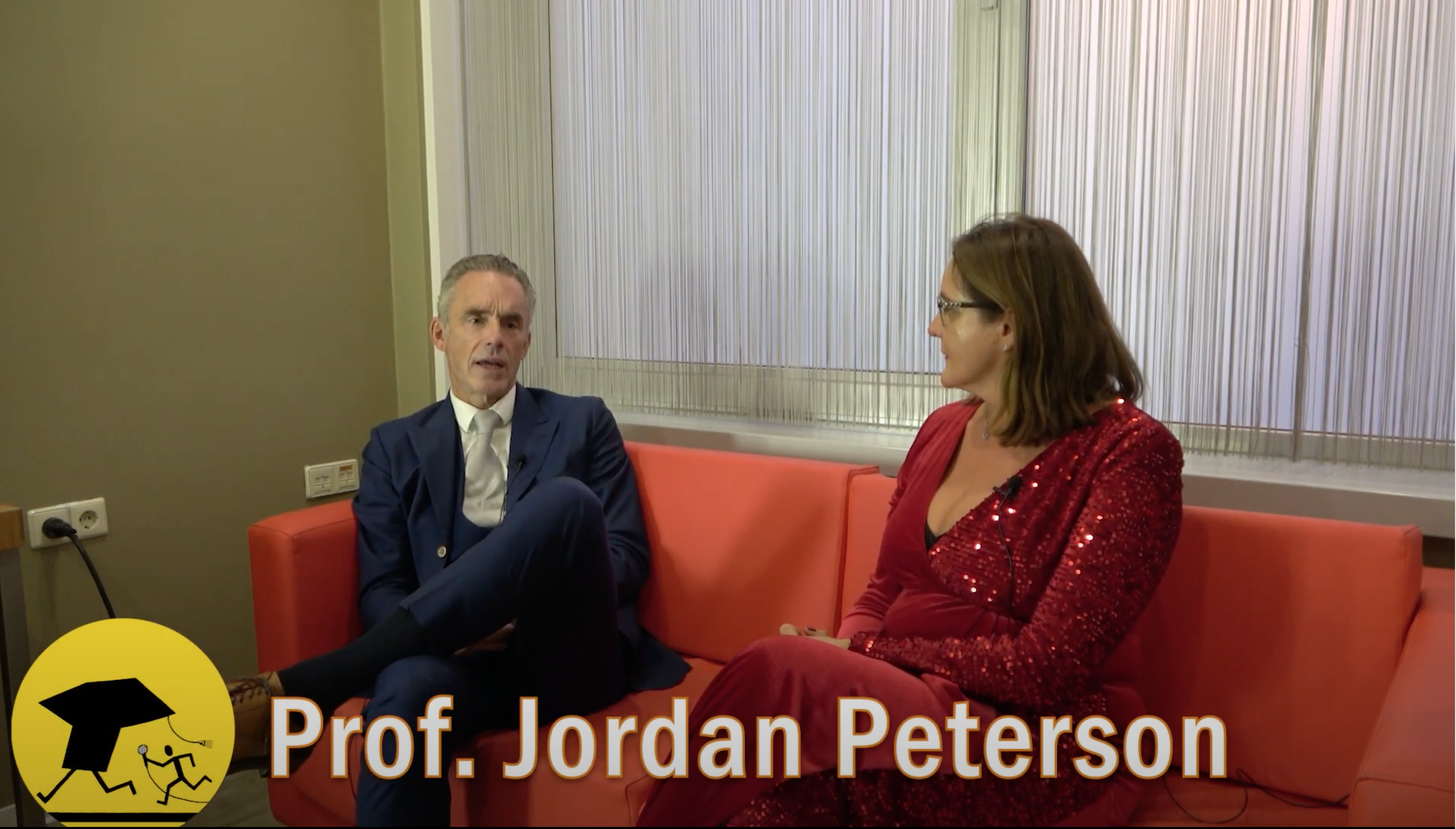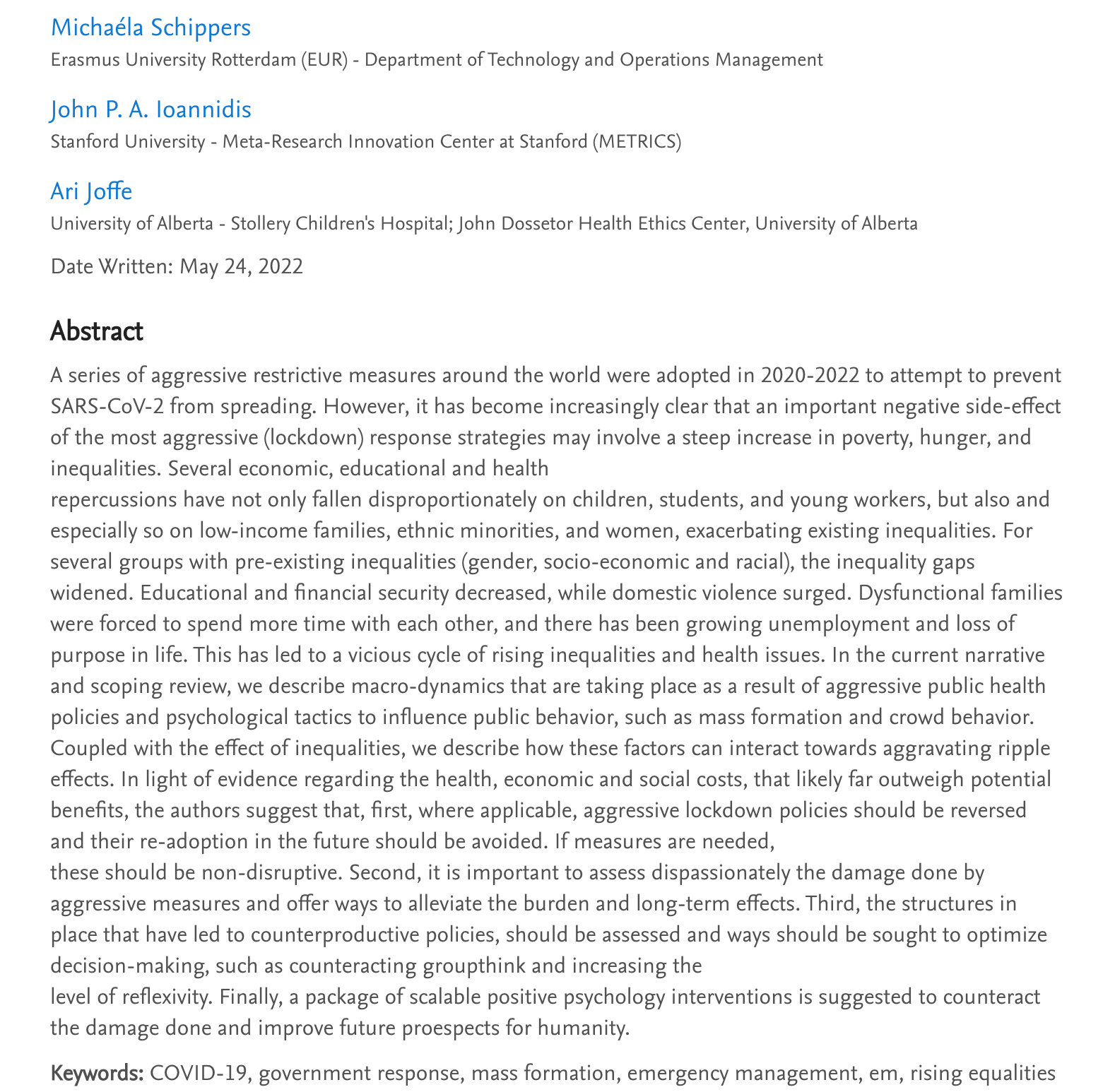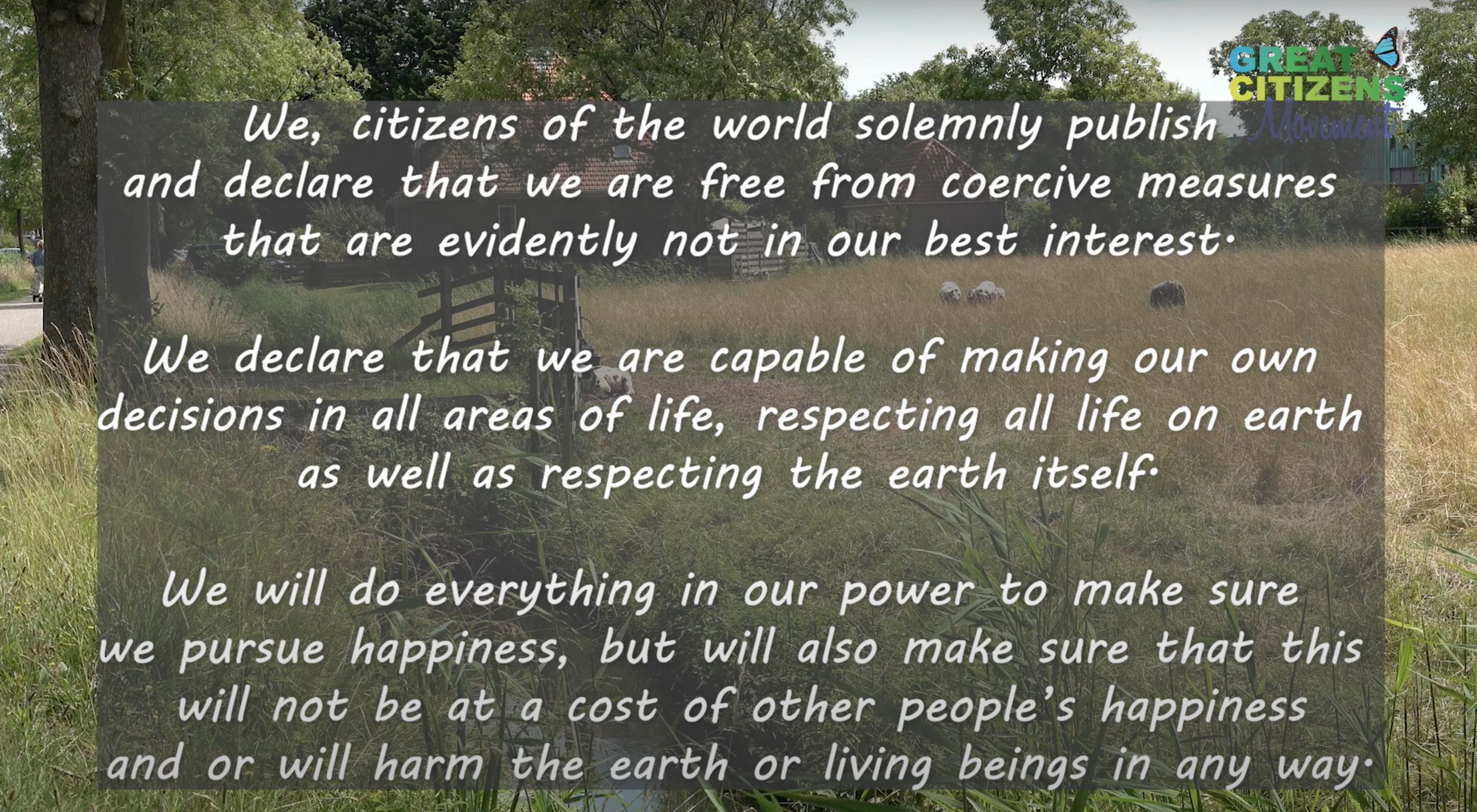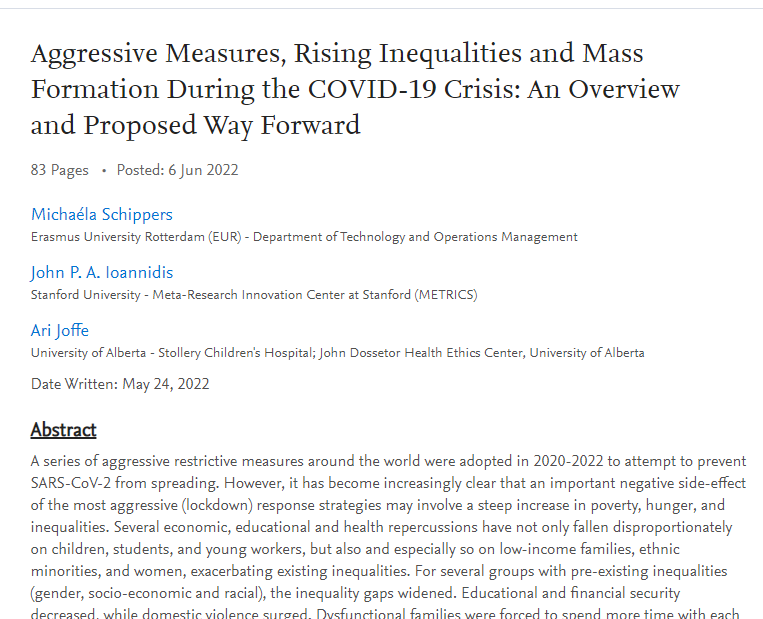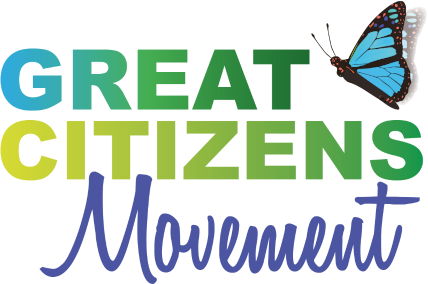Saving Democracy From the Pandemic
Three years of crisis were used to justify the concentration of powers and suppression of freedoms that must be clawed back.
By John P.A Ioannidis and Michaéla Schippers
COVID-19 has killed millions and threatened the prospects of democracy for billions more. Since early 2020, the world has witnessed a marked expansion of governmental decision-making regarding health. Lockdowns and curfews were instated in many countries, and many freedoms were taken away under the justification of a major health threat. Health authorities and politicians alluding to or exploiting health authorities acquired extraordinary power to regulate society at large, including the application of mandates. A Freedom House report found that democracy grew weaker in 80 countries during COVID-19, and that in 2020 the number of free countries reached the lowest level in 15 years. Countries that regressed included ones you’d expect like China and Belarus, but also democratic bulwarks like the United States, France, Denmark, and the Netherlands. The United States was listed as one of the 25 countries that witnessed the steepest declines in freedom. Even if the pandemic enters a less threatening endemic phase (as may already be the case in several countries), the legacy of authoritarian measures and mandates may leave behind a more enduring threat to democracy.
Photo by Siena Nisavic on Unsplash
Several governments responded to the lethal pandemic by undermining the very systems that were in place to ensure accountability and to protect public health and well-being. No single individual can be blamed for this—it was a systemic problem, as decisions taken by one government or government agency instantaneously affected the decisions of others. But the result was the restriction of basic freedoms and the normalization of scapegoating and exclusion, both historically a prelude to atrocities. While some extreme actions were justified as efforts to achieve otherwise laudable goals (like increasing rates of vaccination), the attempt to isolate vast numbers of people while whipping the general population into agreement on aggressive public health policies probably damaged even these goals.
Some people, organizations, corporations, and lobbyists (or combinations thereof) saw this crisis as an opportunity to establish some version of a desired ideological utopia, which, in reality, benefited only a zealous minority confident in their “truth”, “science,” or whatever name they used to legitimate blind dogmas. In the end, half of the world’s working population suffered financially under lockdowns, creating massive ripple effects. Most people thrive when they can make their own decisions within the boundaries of the law, even during a crisis. But the loss of these basic freedoms was celebrated as a victory for public health, even as the loss of basic freedoms probably made public health outcomes worse in several countries.
Many citizens of the United States and other democracies saw their businesses shutter, their life’s work disappear, and were not allowed to visit sick and dying loved ones or to even attend their burials. Younger generations were probably affected most, as students saw their schools close and their social lives thwarted with consequences we won’t fully understand for many years.
A critical mass of people, especially among those hit hardest by the crisis or whose concerns were marginalized by political and health authorities, may eventually conclude that their governments and leaders have failed them. Frustration may be expressed through peaceful, democratic means (voting officials out of office, for example), or through riots and revolution. Across the world, we have already seen instances of both. The outcomes of such social explosions are by nature chaotic and unpredictable.
The worst way to address such circumstances is to double down on trying to replace concrete values like freedom and equality with goals like safety and health under the guise of “science” and the greater good. No reasonable person would question that all of these values and goals are worthy of our efforts. But when they clash (or are portrayed as clashing), democratic societies must make decisions on priorities. Once individual freedom has been downgraded as a priority, it is difficult to ever get back.
In navigating such difficult circumstances, we need to ask ourselves… Read full article on tabletmag.com
Infosperber: This is how much the super-rich benefited from the corona pandemic
Photo by Chitto Cancio on Unsplash Online magazine Infosperber: This is how much the super-rich benefited from the corona pandemic. What follows is an English translation of Martina Frei's
Course: “Discover the Path to Inclusive Education Excellence”
Discover the Path to Inclusive Education Excellence! Do you want to bridge the gap between students from diverse backgrounds and make education more inclusive? Discover the opportunity to participate in various
Jordan B. Peterson: death spiral
Follow the Science: Jordan B. Peterson about the death spiral: we're in an epidemic of narcissism and bad decision making.
Paper “Aggressive Measures..”
Paper "Aggressive Measures (..) During the COVID-19 Crisis" was published on August 25, 2022. The paper Aggressive Measures, Rising Inequalities and Mass Formation During the COVID-19 Crisis: An Overview and Proposed
Building on history: read and sign the Great Citizens Declaration!
Building on history: read and sign the Great Citizens Declaration! History repeats itself. What can be learned from the fight of the Dutch against Spanish repression in the Eighty Years' War? April
New paper of Michaéla Schippers on the rising inequalities and a proposed way forward
Aggressive Measures, Rising Inequalities and Mass Formation During the COVID-19 Crisis: An Overview and Proposed Way Forward New paper of Michaéla Schippers with John Ioannidis and Ari Joffe. Link naar
